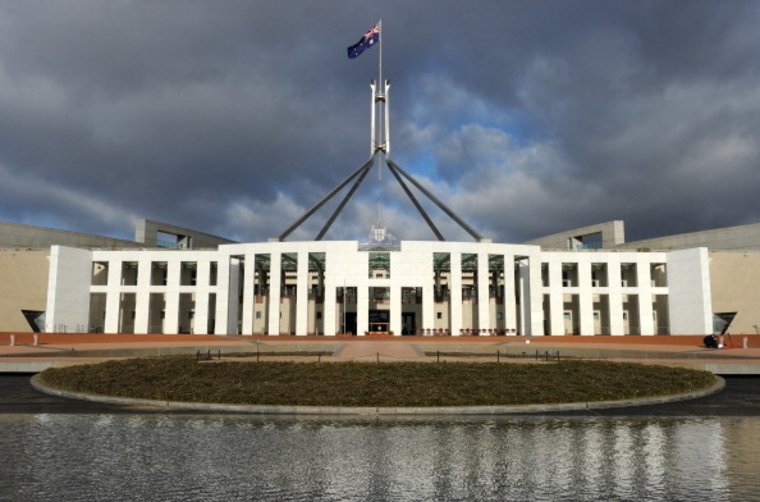There is a freedom of religion problem in Australia because there is a freedom of speech problem.
 The Coalition government has failed to refute the notion that freedom of speech is a positive right granted by government as the right to discriminate.
The Coalition government has failed to refute the notion that freedom of speech is a positive right granted by government as the right to discriminate.
Section 18C of the Racial Discrimination Act, for example, makes it unlawful for a person to engage in an action, including speech, that is reasonably likely to "offend, insult, humiliate, or intimidate another person or a group of people" on the basis of their "race, colour, or national or ethnic origin".
Having imposed this general restriction on speech, the government then provides for a series of conditional exemptions via section 18D, where offending, insulting, humiliating or intimidating someone on the basis of their race, colour, or national or ethnic origin is permitted.
There are two things to notice. First, discrimination in this context has been defined down to the right not to be offended or insulted. This is not discrimination at all. It is a subjective and emotional interpretation one person has of what someone has said to or about them.
Second, section 18C reframes freedom of speech from a natural right, which all Australians possess as citizens of a free nation, to a positive right bestowed by government in certain circumstances. That is, section 18C takes away freedom, and section 18D gives it back in a qualified, truncated and demented fashion that depends on the good grace of government and the Australian Human Rights Commission.
The confusion over the government's proposed approach to protecting religious freedom is a direct result of its failure to offer an alternative to its political opponents' framing of freedom of speech.
There are two processes under way in the context of freedom of religion. The first is the Religious Discrimination Bill 2019, which proposes to outlaw discrimination on the basis of one's religious beliefs or actions.
The second is the review into the framework of religious exemptions in anti-discrimination legislation being undertaken by the Australian Law Reform Commission. This review is to consider whether today's religious exemptions to anti-discrimination laws for people of faith remain appropriate.
The failure is that both processes propose to maintain the underlying structure of the anti-discrimination law. This is paradoxical since the government is seeking to introduce laws that preserve freedom, placed within the context of anti-discrimination, a concept antithetical to freedom.
But this approach also opens proponents of religious freedom to the same types of attacks as proponents of freedom of speech. Those who argue for the maintenance of section 18C assert that those who seek its abolition are seeking not freedom of speech but the right to be a racist or a bigot. Similarly, it is argued that those who seek the limiting or removal of anti-discrimination laws are seeking not freedom of association but the right to discriminate.
Of course, such criticisms are logically correct, given the framing of freedom as a positive right from government. If freedom of speech and religion are gifts from government, then government has every right to choose how those freedoms should and should not be exercised.
If, however, freedom is a gift from God, as many of faith hold, or a natural pre-government right, as secular liberals maintain, then its curtailing through anti-discrimination laws is unjustified.
Newspeak was integral to the ruling class of George Orwell's Nineteen Eighty-Four, not just because it provided a medium of expression for the state ideology but because it made all other modes of thought impossible: "If you control the language, you control the argument."
Redefining freedom to mean discrimination implies we can never be free but can be given the privilege to discriminate only by government. It is an inherently disempowering and inhuman notion.
If freedom is the product only of government fiat, then humans are not born free, nor are they endowed with free will, nor are they assumed to possess the dignity that comes with freedom.
Adding new anti-discrimination laws, as proposed by Attorney-General Christian Porter, or altering existing exemptions to anti-discrimination laws, as the ALRC is investigating, will only further embed the idea that freedom is solely provided through state power.
The only policy approach that will help protect freedom of speech and freedom of religion is to remove government-imposed constraints on those freedoms.
But to win the argument about freedom, the Coalition must change the language. And changing the language means recognising that freedom is not a gift from government. It is a natural human right that is necessary to human dignity and human flourishing.
No comments:
Post a Comment